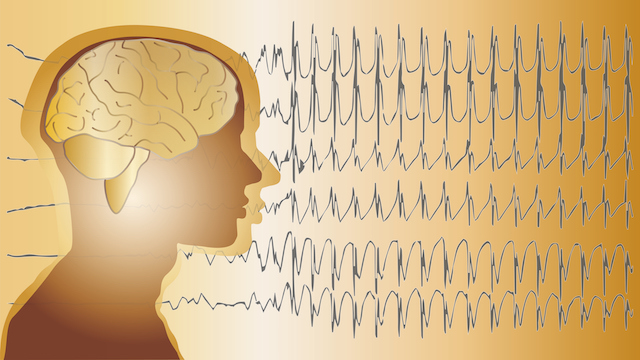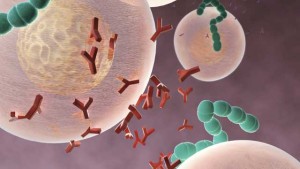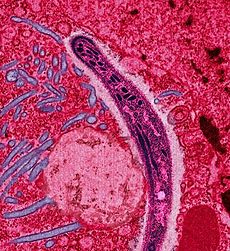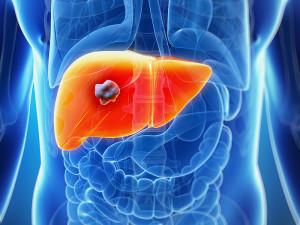Abstract
Background
A growing body of research has demonstrated that adolescent offspring of depressed parents show diminished responding in the ventral striatum to reward. More recent work has suggested that altered reward responding may emerge earlier than adolescence in offspring at familial risk for depression, although factors associated with neural alterations in childhood remain poorly understood.
Methods
We tested whether 6- to 8-year-old children, 49% at heightened risk for depression via maternal history, showed altered neural responding to winning reward. We evaluated whether maternal socialization of positive emotion moderated the association between familial risk and child neural response to reward. Participants were 49 6- to 8-year-old children (24 with a maternal history of recurrent or chronic depression, 25 with no maternal history of any psychiatric disorder). Children underwent functional magnetic resonance imaging while completing the Doors Task, a widely used reward guessing task. Mothers reported their use of encouraging and dampening responses to child positive affect.
Results
Findings demonstrated that children at high familial risk for depression showed lower VS responding to winning reward relative to low-risk children, but only when mothers used less encouragement or greater dampening responses to their child’s positive emotion expressions.
Conclusions
Neural reward alterations in the VS may emerge earlier than previously thought, as early as 6- to 8-years of age, specifically in the context of maternal discouragement of child positive emotions. Clinical interventions that focus on coaching mothers on how to encourage child positive emotions may be beneficial for supporting child reward-related brain development.







